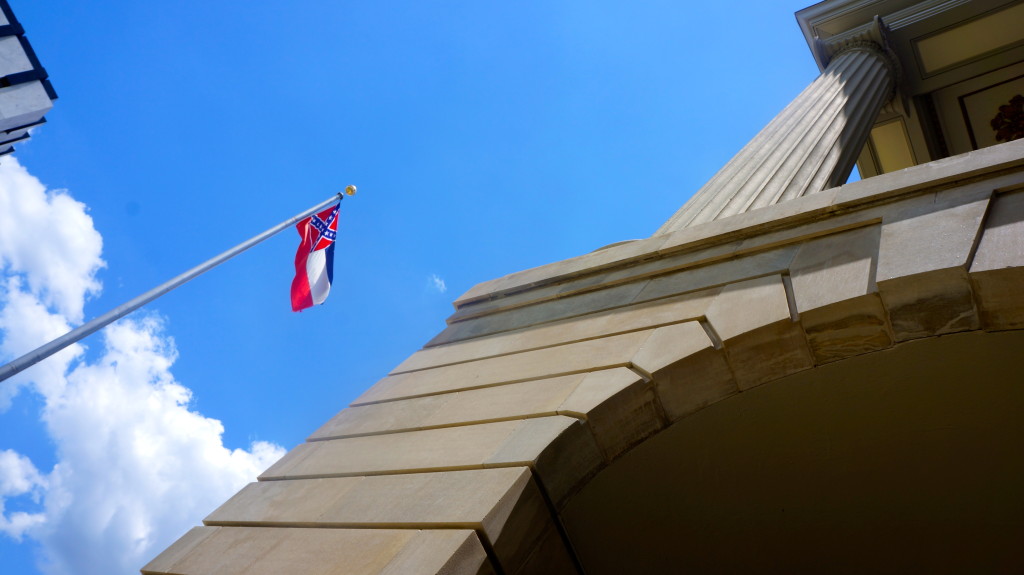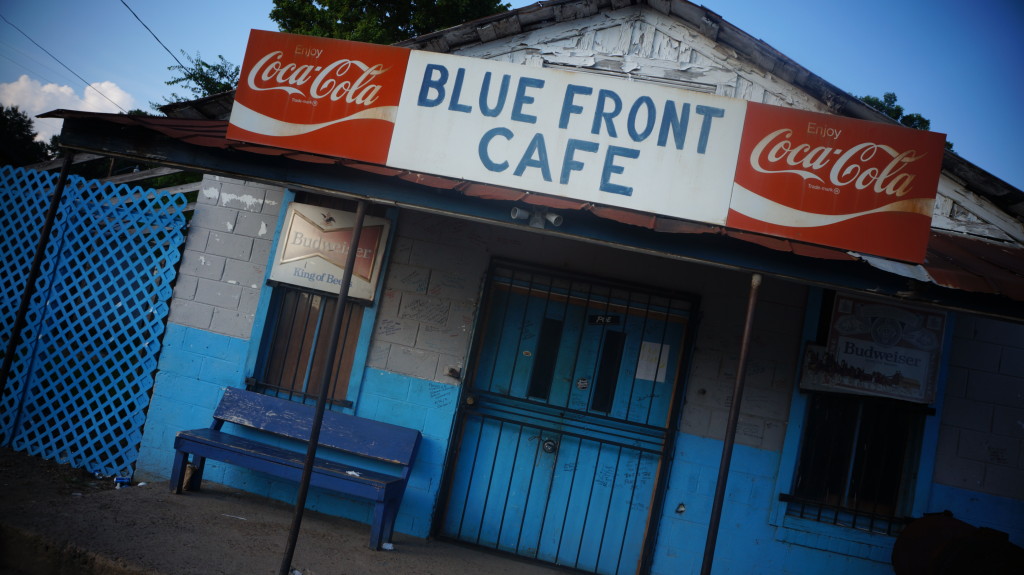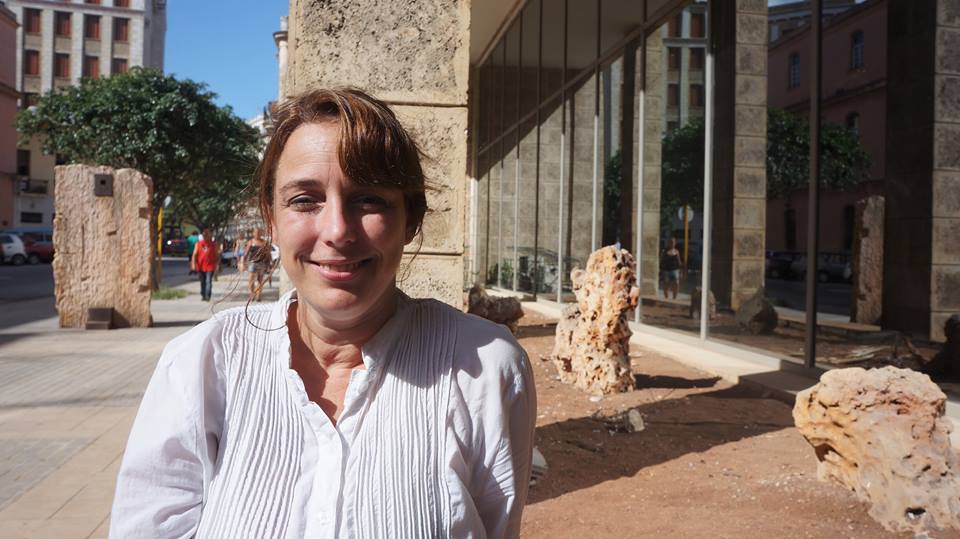I have an idea. And it’s about a heritage that’s unique to Mississippi and Mississippi only.![]()
I’ve only been to the state once, but it was to go to a blues festival in Bentonia, Mississippi. You want heritage? There’s nothing more awesome that Mississippi’s role in creating one of the truly original American music forms — the blues. But this is a heritage that not only sets aside the Confederate battle flag that currently adorns the upper left quadrant of Mississippi’s state flag.
Most of all, it commemorates the role that African-Americans hold in the creation of the blues, in a state with the highest proportion of African-American residents (37.3%). B.B. King. Robert Johnson. Charlie Patton. Howlin’ Wolf. Muddy Waters. Mississippi John Hurt. These are the brilliant sons of Mississippi just as much as its robust literary tradition.
In the wake of South Carolina governor Nikki Haley’s call for the state capitol to lower the Confederate battle flag Monday, attention is turning to Mississippi’s state flag.
Mississippi’s governor, Republican Phil Bryant, remains reluctant to change it, partly because of a 2001 referendum whereby voters chose to retain the current flag, which had unofficially been Mississippi’s flag since the 1890s. But the state house’s speaker, Republican Philip Gunn, said it’s time to revisit the issue — and it’s also time to retire the homage to the Confederacy.
* * * * *
RELATED: The lessons of failed Confederate foreign policy
* * * * *
Let’s be real. The Mississippi Delta, now a depopulated shell of what it once was (which wasn’t much — a land of sharecroppers and cotton and poverty), is like no other place in the United States. The blues? It’s special, it’s mythical, and it’s the heart of Mississippi’s tourism trade, in a state that’s tortured by its past racial violence, a fact that hits you immediately when you land in Jackson’s Medgar Evers International Airport.
I can’t think of a better way to retire one more controversial flag.



